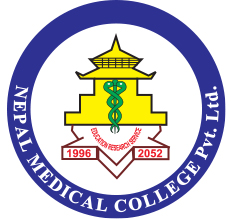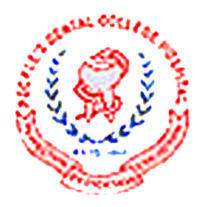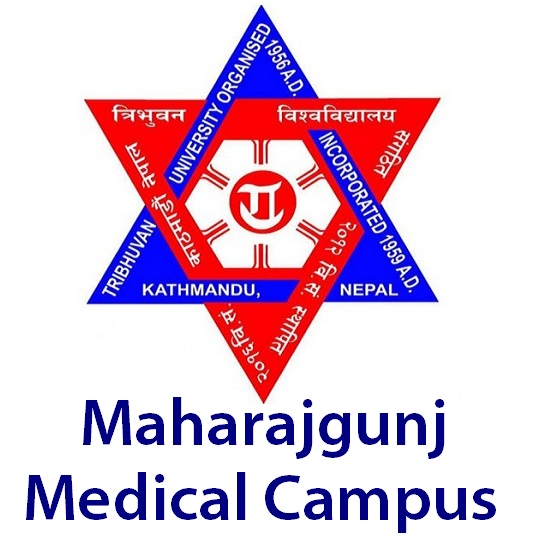Overview
BSc MLT at Nepalese Army Institute of Health Sciences – College of Medicine
Bachelor of Science in Medical Laboratory Technology (BSc MLT) at Nepalese Army Institute of Health Sciences – College of Medicine (NAIHS-COM), Bhandarkhal, Kathmandu, prepares students for professional roles in diagnostic laboratories, hospital services, and public health systems. The programme is affiliated with the Institute of Medicine (IOM), Tribhuvan University, which runs BSc MLT as a four-year undergraduate course in laboratory medicine.
NAIHS-COM conducts BSc MLT as a full-time, residential academic programme with an annual intake of 12 students. The course runs under the Department of Laboratory Medicine and is supported by Shree Birendra Hospital and its associated diagnostic laboratories. The internal document shared by the college notes that the BMLT/BSc MLT programme started on 20 Mangsir 2078 B.S., with four batches and 58 students enrolled across the years.
The programme follows the BSc MLT curriculum developed by IOM, Tribhuvan University, which spans four academic years and carries a total of 3,500 marks divided across first to fourth year. The aim is to prepare laboratory professionals who can perform and interpret common and specialised investigations, support clinical decision-making, and contribute to research and teaching activities in the health sector.
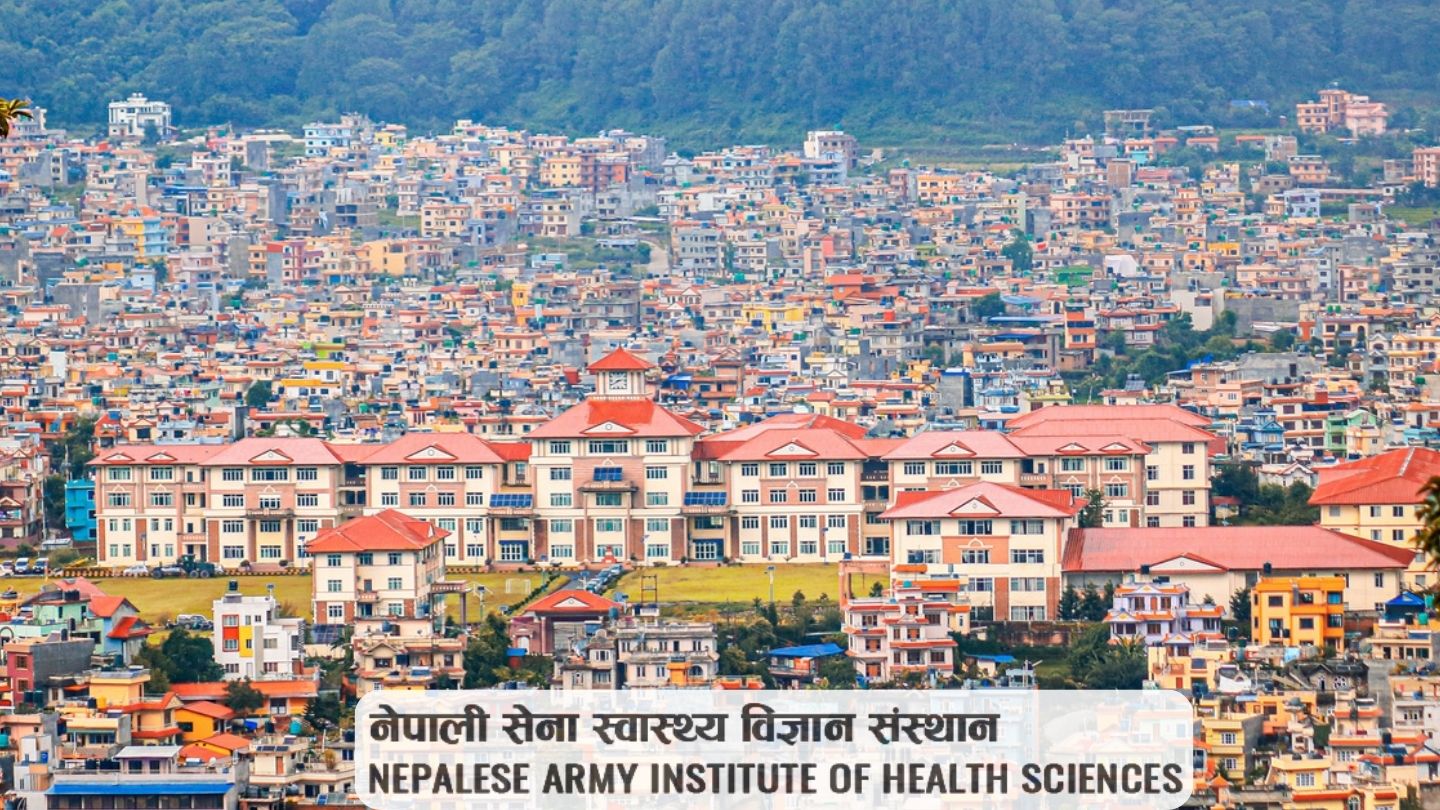
Highlights
-
Four-year full-time BSc MLT / BMLT programme under IOM, Tribhuvan University
-
Annual intake: 12 students, with small class size and close academic supervision
-
Total academic load: 3,500 marks over four academic years
-
Teaching hospital and laboratory exposure at Shree Birendra Hospital and associated facilities
-
Hospital laboratory posting from early in the course, with district and regional postings in senior years
-
Programme structured as per national standards and minimum requirements for BMLT/BSc MLT set by Nepal Health Professional Council (NHPC) and the Medical Education Commission (MEC)
Curriculum Details
Duration and Academic Load
The BSc MLT programme at NAIHS-COM runs for four academic years. The college prospectus states that the course carries 3,500 total marks, divided approximately as: first year 800 marks, second year 850 marks, third year 900 marks, and fourth year 950 marks.
This structure balances basic health sciences, core laboratory disciplines, and applied subjects in research, management, and public health.
Year-wise Course Orientation
While detailed subject lists are specified in the IOM BSc MLT curriculum, the general academic progression follows this pattern:
-
First Year:
-
Basic medical sciences (anatomy, physiology, biochemistry)
-
Introductory laboratory techniques and safety
-
Foundational microbiology and pathology concepts
-
-
Second Year:
-
Medical microbiology (bacteriology, virology, mycology, parasitology)
-
Clinical biochemistry
-
Haematology and blood banking
-
Instrumentation and quality assurance basics
-
-
Third Year:
-
Advanced haematology and coagulation
-
Histopathology and cytology
-
Immunology and serology
-
Research methodology and biostatistics
-
-
Fourth Year:
-
Laboratory management and health systems
-
Advanced diagnostic techniques and recent developments in laboratory medicine
-
Community-based laboratory postings and project work
-
Clinical Posting and Hospital Exposure
The Department of Laboratory Medicine at NAIHS notes that students are posted in the hospital laboratory from the early phase of the programme. They gradually rotate through major sections such as haematology, clinical pathology, microbiology, biochemistry, histopathology, and blood bank.
In senior years, students are also sent for outside postings, usually for about two months, in selected diagnostic centres and medical colleges. This exposure allows you to understand real laboratory workflow, sample load, inter-department coordination, and practical challenges in both public and private sector laboratories.
Objectives
According to the departmental document and the IOM BSc MLT curriculum, the main objectives of this course include:
-
Prepare laboratory professionals who can independently perform routine and specialised investigations on clinical and non-clinical samples.
-
Enable graduates to interpret laboratory results and explain the underlying scientific principles to clinicians and other team members.
-
Develop capacity to prepare reagents, calibrate instruments, and maintain internal quality control in routine practice.
-
Build skills for setting up and running district- and zonal-level laboratories in line with national standards and guidelines.
-
Encourage participation in research projects and teaching-learning activities in laboratory medicine.
-
Support the country’s need for competent personnel in diagnostic services, surveillance, and public health programmes.
Scope
BSc MLT graduates from NAIHS-COM work in multiple areas of the health system in Nepal and abroad. The course is recognised as an allied health science qualification under national frameworks, and the minimum standards for BMLT/BSc MLT programmes are regulated by NHPC.
The scope includes:
-
Hospital laboratories (government, army, teaching, and private hospitals)
-
Standalone diagnostic centres and pathology laboratories
-
Public health laboratories at local, provincial, and central levels
-
Blood transfusion services, screening centres, and donor testing
-
Research institutions, pharmaceutical laboratories, and biomedical projects
-
Academic roles in medical and allied health colleges after gaining experience and further training
As Nepal expands its network of hospitals and diagnostic services, the need for trained medical laboratory technologists remains steady in both urban and semi-urban settings.
Learning Outcomes
After completing BSc MLT at NAIHS-COM, students are expected to:
-
Perform common and specialised tests in haematology, biochemistry, microbiology, histopathology, cytology, immunology, and blood banking.
-
Interpret results, correlate them with clinical information, and communicate clearly with treating teams.
-
Maintain laboratory safety, biosafety, and infection prevention measures during routine work.
-
Prepare reagents, handle laboratory instruments, and carry out basic maintenance and calibration under supervision.
-
Apply quality control principles, recognise errors, and take corrective steps where necessary.
-
Participate in small-scale research or audit projects in laboratory medicine.
-
Contribute to teaching and supervision of junior staff and students in laboratory settings.
These outcomes are consistent with the national expectations for BMLT/BSc MLT graduates as framed by NHPC and academic bodies.
Skill Development Modules
Throughout the four years, the course focuses on both technical and professional skills:
-
Technical skills:
-
Sample collection and processing (blood, urine, stool, body fluids)
-
Microscopy, staining techniques, and culture methods
-
Operation of biochemistry analysers, haematology analysers, and microbiology instruments
-
Histopathology tissue processing and slide preparation
-
-
Quality and safety skills:
-
Laboratory safety protocols and biosafety levels
-
Waste management and infection prevention practices
-
Internal and external quality control procedures
-
-
Professional and soft skills:
-
Record keeping and report preparation
-
Communication with clinicians, nurses, and patients during sample collection
-
Basic management of laboratory personnel and resources
-
Ethical practice, confidentiality, and respect for patient rights
-
These skills are reinforced through practical classes, demonstrations, ward and lab postings, and supervised duties in Birendra Hospital and other partner centres.
Teaching Methodology
NAIHS-COM uses a mix of classroom teaching and practice-based learning for BSc MLT. The institutional documents describe an approach that combines subject-wise lectures with integrated teaching, case-based discussions, and regular practical sessions in well-equipped laboratories.
Teaching methods typically include:
-
Lectures and interactive classes in basic and applied subjects
-
Small-group tutorials for problem-solving and case scenarios
-
Demonstrations of procedures before students perform them independently
-
Scheduled practical classes where you perform tests under supervision
-
Clinical postings in hospital laboratories with real-time workload
-
Seminars and journal discussions in laboratory medicine topics
Continuous internal assessment, practical evaluations, and annual examinations under Tribhuvan University ensure that students meet academic and professional standards.
Admission Requirements
BSc MLT at NAIHS-COM follows national entry standards for undergraduate health science programmes. In line with the Medical Education Commission (MEC) and NHPC guidelines for BMLT/BSc MLT, typical minimum requirements include:
-
Completion of 10+2 Science (Biology group) or equivalent (I.Sc., A-Level, or similar), with Physics, Chemistry, and Biology.
-
Minimum aggregate score around 50% or CGPA 2.4 (or equivalent as per MEC notices).
-
Eligibility for candidates with Proficiency Certificate/Diploma in Medical Laboratory Technology (CMLT) as per NHPC and university rules.
-
Passing the national common entrance examination (MECEE-BL) conducted by MEC under the Bachelor-level framework, in the category relevant to BSc MLT.
NAIHS-COM then admits students based on MEC merit lists and institutional rules, including applicable quotas and reservations as per national regulations. For exact eligibility, prospective applicants should follow the latest MEC notices and NAIHS admission calls for the relevant academic year.
Career Opportunities
Graduates of BSc MLT from NAIHS-COM can explore roles such as:
-
Medical laboratory technologist in teaching hospitals, army hospitals, government hospitals, and private institutions
-
Laboratory officer or technologist in district, provincial, and central public health laboratories
-
Technical staff in blood transfusion centres and screening laboratories
-
Laboratory technologist in private diagnostic centres and reference laboratories
-
Research assistant or technologist in biomedical, pharmaceutical, or public health projects
-
Teaching positions in allied health science colleges after gaining additional qualifications and experience
With further postgraduate study in laboratory medicine, microbiology, biochemistry, pathology, or public health, BSc MLT graduates can progress to senior technical, managerial, academic, or research roles.
Scholarships and Financial Aid
The fee for BSc MLT at NAIHS-COM, as shared in the institutional information, is around NPR 777,000 for the full course. The college also participates in national scholarship and subsidy mechanisms defined by the Medical Education Commission and the Nepal Army Welfare Fund framework.
Students may access:
-
MEC scholarship schemes for BSc MLT under national quotas
-
Internal support through the welfare and support policies of NAIHS and the Army Welfare Fund
-
Limited concessional arrangements for eligible categories as per institutional rules
Prospective students should refer to the latest NAIHS and MEC notices for detailed scholarship numbers, categories, and application procedures.
Why Choose BSc MLT at Nepalese Army Institute of Health Sciences?
-
Programme linked directly with a busy army teaching hospital, ensuring regular exposure to real diagnostic workload.
-
Academic affiliation with IOM, Tribhuvan University, which has a long history in training health professionals in Nepal.
-
Small annual intake that allows close academic supervision and practical guidance.
-
Curriculum and training aligned with national standards of NHPC and MEC for BMLT/BSc MLT programmes.
-
Environment that connects you with medical, nursing, and other health science students, reflecting real multidisciplinary teamwork in hospitals.
For students who want a structured, laboratory-focused route into the health sector, this course offers a clear and regulated pathway.
Conclusion
BSc MLT at Nepalese Army Institute of Health Sciences – College of Medicine is a four-year laboratory science programme that links structured academic learning with extensive hands-on exposure in hospital and diagnostic laboratories. The course follows the IOM curriculum, adheres to national requirements from MEC and NHPC, and aims to prepare graduates who can contribute to accurate diagnosis, safe blood transfusion, disease surveillance, and health research across Nepal.
Frequently Asked Questions (FAQ)
1. What is the duration of BSc MLT at NAIHS-COM?
The BSc MLT programme runs for four academic years and follows the BSc MLT curriculum of the Institute of Medicine, Tribhuvan University.
2. How many seats are available each year?
NAIHS-COM admits 12 students per batch in BSc MLT, as noted in the institutional document.
3. Which councils and bodies regulate this programme?
The programme is affiliated with IOM, Tribhuvan University, and falls under regulatory frameworks of the Medical Education Commission and Nepal Health Professional Council for BMLT/BSc MLT minimum requirements.
4. What is the approximate fee for the BSc MLT course?
The fee shared in the college information is around NPR 777,000 for the full four-year programme. Applicants should confirm updated figures from the latest NAIHS admission notice.
5. Is an entrance examination required?
Yes. Admission follows the national common entrance examination conducted by the Medical Education Commission (MECEE-BL) for bachelor-level health science programmes, along with institutional processes based on merit lists and applicable quotas.
6. What kind of jobs can I get after BSc MLT?
Graduates can work as medical laboratory technologists in hospitals, diagnostic centres, public health laboratories, blood transfusion services, research institutions, and may later move into teaching or postgraduate studies in laboratory-related disciplines.


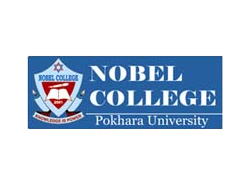
.png)
